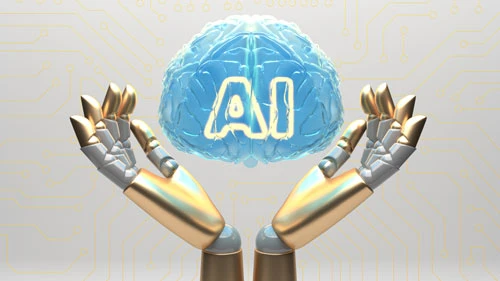Boosted by GenAI in the world of technology, code development has been vastly improved with efficiency without necessarily compromising originality. Nevertheless, behind all the wonders of automated coding stands a silent but important concern - the oversight of weak links within GenAI-created code. The Promise of GenAI-Generated Code GenAI's learning tool, which can imitate...
Developers of the modern tech landscape are familiar with the concept of dependency injection and understand why it is crucial. Dependency injection (DI) helps to make code more decoupled so that components are less dependent on each other. This makes programs easier to maintain and avoids hard-coding dependencies into objects.
Aside from that, here are some of the most substantial benefits of dependency injection:
1. Enhances testability
DI makes it easy for developers to inject mock data into their tests and ensure that code works properly without needing to access a real database or other resources. When you inject mocks, tests become more reliable since they are not dependent on external resources. That way, developers can quickly determine if their code works as intended.
2. Promotes loose coupling
Dependency injection helps to write loosely coupled code. When a software component depends on another service or object, injecting that dependency at runtime is essential. This is because the same component may be used in different contexts where the underlying dependencies differ. Without DI, a developer would have to manually configure each object with its dependencies, something which can become difficult and time-consuming for more extensive programs. In addition, DI also helps make the software more maintainable, as code can be updated or modified without making significant changes throughout the entire system. As such, DI is an invaluable modern development technique that can help developers create reliable and maintainable applications. By understanding the importance of dependency injection, developers will have a powerful tool at their disposal to meet their software goals.
3. Reduces code complexity
Dependency injection helps to reduce the complexity of applications since developers don’t have to manually configure each object with its dependencies. This makes it easier to update and maintain code and makes programs more scalable and reliable. Furthermore, DI also helps make code more readable by taking away any need for boilerplate configuration that would otherwise be needed.
4. Improves code reusability
Dependency injection helps promote code reuse, as developers can easily inject different implementations of a given interface, allowing them to create more generic and reusable components. This increases productivity since developers don’t have to rewrite the same code over again for each use case. When used correctly, dependency injection can be an invaluable tool for modern developers. Not only does it help create more reliable and maintainable code, but it makes software development more efficient by allowing developers to reuse code and reduce boilerplate configuration. Ultimately, DI is essential for any developer looking to build scalable and robust applications.
Overall, dependency injection is an important concept that developers should understand to create robust and maintainable software applications. By utilizing DI techniques, developers can achieve greater flexibility and scalability with their code, resulting in more efficient and reliable programs.
By understanding the benefits of DI, developers will have a powerful weapon at their disposal for creating reliable applications. With its ability to reduce code complexity, promote loose coupling, and create reusable components, DI is essential for any modern developer. By leveraging the numerous benefits of DI, developers can quickly develop robust applications that meet their software goals.



